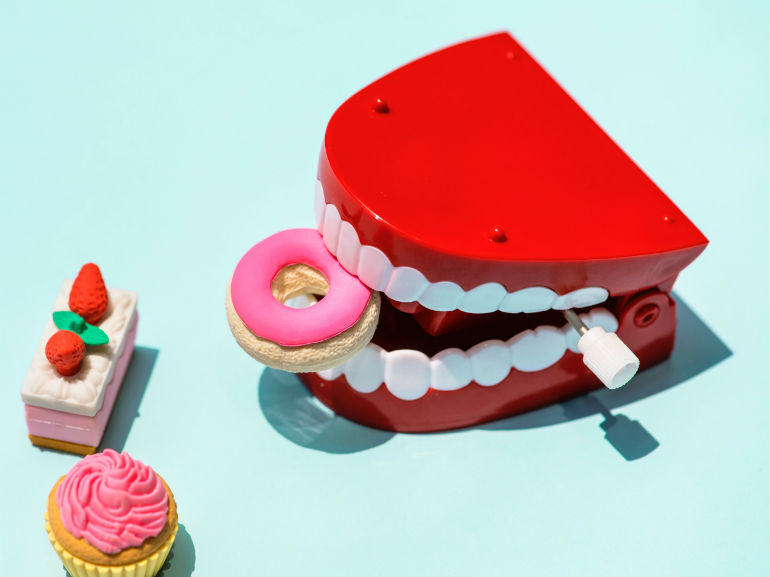

Yielding to the temptation of hunger attacks may seem like the only way to silence them, but according to several scientific studies, the urge to snack can dissipate if you manage to resist for just 20 minutes.
Hunger attacks and sudden cravings for junk food are complex phenomena involving both biological and psychological factors. On one hand, a hunger attack can be triggered by factors such as a reduction in energy reserves in the body or the presence of hormones like ghrelin, known to stimulate appetite. On the other hand, it’s essential to consider psychological factors, such as stress and anxiety.
It’s normal, in fact, to seek comfort or gratification through food when particularly stressed. This happens because, in stressful situations, the body produces cortisol, known as the stress hormone, capable of increasing the sense of hunger. In turn, this can lead to a greater preference for high-calorie and sugary foods, as the brain seeks comfort through food.
**Does Good Sleep Aid Weight Loss? Here’s the Truth**
**Struggling to Fall Asleep? 4 Common Mistakes**
Waiting even just 20 minutes before satisfying a food craving during stressful periods can make a real difference. We explain why.
How does the 20-Minute Rule Against Hunger Attacks Work?

According to experts, hunger attacks are nothing more than waves of emotions.
Often, these impulses are not signals of energy deficiency but represent emotional responses to various stimuli. Emotions such as stress, anxiety, or boredom can trigger hunger, leading to specific cravings for foods that offer comfort or emotional gratification.
Researchers also confirm that the desire for a particular food comes in waves, growing until we feel like we must give in, only to disappear completely. Therefore, waiting for our wildest cravings to subside reveals that what we thought we couldn’t live without just 20 minutes ago is no longer appealing.
This especially happens if we spend those crucial 20 minutes doing something else. For example, you could take a walk, listen to music, or call a friend.
Food can activate our reward systems; it often has the power to improve our mood, which is sometimes a good thing. However, eating shouldn’t be your only strategy when you’re feeling down.
Understanding this emotional component can help develop strategies to manage unhealthy eating behaviors, perhaps adopting healthier alternatives to meet emotional needs without compromising overall nutrition.
**According to a nutritionist, these 7 tips will boost your metabolism to help you lose weight quickly**













